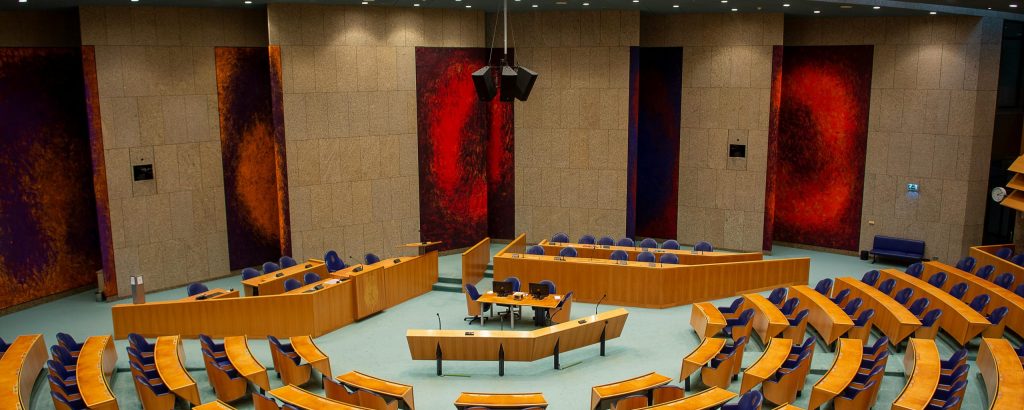
Jason Forbes
Disability Advocate

In Psalm 136, the Psalmist calls people to worship the Lord (vv. 1–3) as a continuity is recognised from the Lord’s work of creation (vv. 4–9), to the Lord’s deliverance of his people from slavery in Egypt (vv. 10–16), to establishing Israel in the land of Canaan (vv. 17–11), even though as a people, they were insignificant in comparison to other nations (vv. 23–25).
Israel was in a state of disorder while they served the Egyptians as slaves (Exo 1:8–4; 2:23–24). Yet the Lord brought them to order as a nation for his own purposes (19:3–6). Even though Israel experienced disorder in fighting nations that were mightier than they (34:24; Deut 7:1), the Lord eventually brought Israel to order and gave them peace from the surrounding nations (1 Ki 5:4). Just as the Lord brought order from disorder in creation, he brought order from disorder in the life of his people, and this forms the basis for worship.
While our experience in the modern West in the early 21st century has not involved enslavement under another nation, or political struggle to establish national sovereignty, many of our political institutions and social conventions are now under attack. Democratic processes are questioned, free speech can be costly, sexuality is disorientated, and national memorials desecrated. Our sense of who we are is disordered. Yet, as increasingly disordered as the modern West is becoming, we can be confident that God is working to create a greater order that locates our identity in him.
